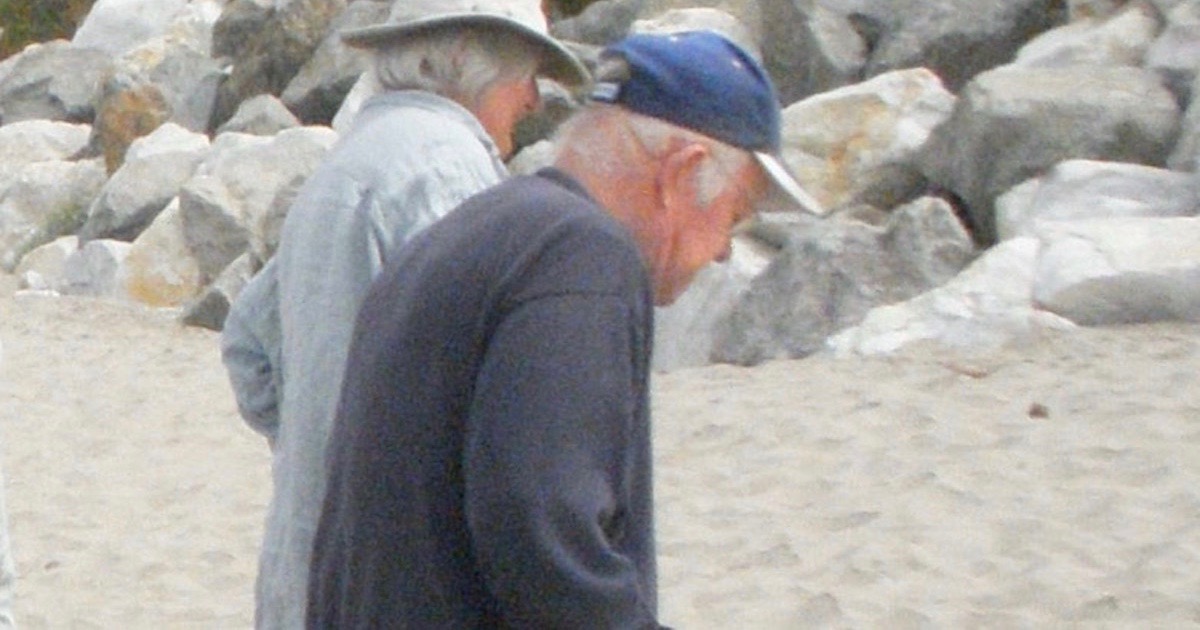Phillip E. Johnson: Men Must Endure Their Going Hence
Published in Evolution NewsEditor’s note: Phillip E. Johnson, Berkeley law professor and author of Darwin on Trial and other books, died on November 2. In days to come, Evolution News will share remembrances from Fellows of Discovery Institute. John Mark Reynolds blogs at Patheos where this was originally published.
Men must endure
Their going hence, even as their coming hither;
Ripeness is all.*
So says the noble Edgar in King Lear about the death of great men, and how we must endure. About this he is right. Yet the enduring is hard, even when the time is ripe. Sometimes, at the moment of parting, the going seems unendurable. My grandmother once said in my hearing that she would endure any amount of pain, work, and difficulty for five more minutes with Papaw.
So it is with me today.
An Intellectual Gadfly
Today, this morning, I learned that Phillip E. Johnson went to glory at last. He lived a long, eventful life, and someday, sometime, will be the time to reflect on his ideas, literary output, scholarship, and public life. He went to Harvard early, graduated first in his class at the University of Chicago, clerked for Supreme Court justice Earl Warren, and had an endowed chair in law at the University of California. There is much to discuss, given that Johnson was, like Socrates, an intellectual gadfly.
For the last twenty years, we talked at least weekly, when his health was better, many times a day by email. Our last call this last Thursday found Phillip E. full of ideas for a new book project and excited about the possibilities of spreading The College at The Saint Constantine School. He was full of jollification, reading new books, suggesting I subscribe to Commentary to help our discussions keep focus. His job, after two strokes, was to bring people together who might learn from each other or do amazing things.
When my children, now adults, were small, we could not afford vacations, and so “Gandalf,” as we called him, arranged for many summers of beach time at Pajaro Dunes, California. Some of our happiest memories as a family are building great sandcastles, flying kites, at what Phil fondly called Camp Kathie, named after his more-than-partner wife. He loved Danny Kaye in The Court Jester, showing excellent taste in film, and could work a quotation in, slyly, in a debate or conversation. He was, when healthy, so quick that sometimes I think he had to do such things to keep from becoming bored!

Mostly, I recall dinner and table talk that was brilliant, varied, and allowed a diversity of opinion. He was a man who loved Berkeley and was traditionally Republican. Note the conjunction “and.” Phillip E. was not a man of “this but that,” full of unresolved tensions. Instead, he was deeply read and loved golf or San Francisco sports. He loved his conservative and liberal friends and colleagues. He was as together as a person could be.
What Choice for Us?
And we must endure his going hence. What choice do we have? Tomorrow comes and comes and comes. But this Thursday, when he should call, will seem unendurable. He is in paradise with God, but we are not yet. This has been two years of losses.
What to do?
Get up. Teach some Shakespeare Monday. Endure and be thankful for the ripeness, the fullness of an integrated, generous, life.
*Shakespeare, King Lear V.2 (This quotation also appears on the grave of C.S. Lewis. Phil loved Lewis, particularly the novel That Hideous Strength.)
